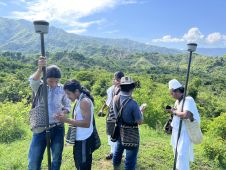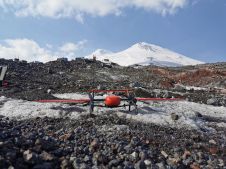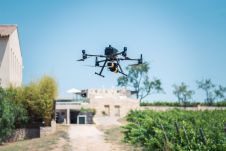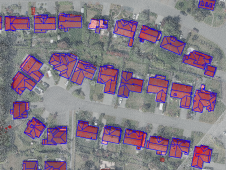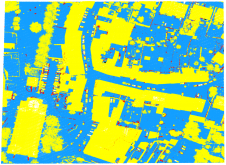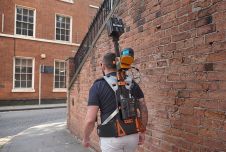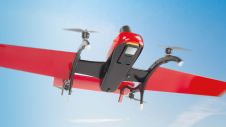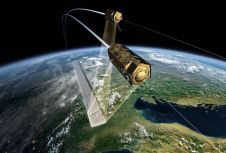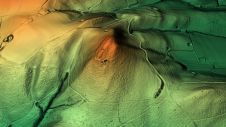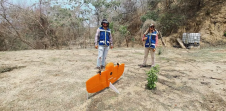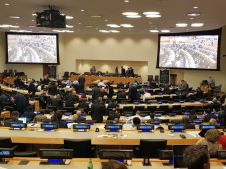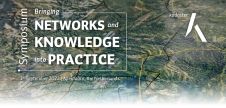Milena感到失望
1994年,欧盟委员会认为需要欧洲参与全球卫星导航。从那以后已经过去了二十年。欧洲取得了什么成就?经过八年的困扰,EC就启动了欧洲民用卫星导航计划,伽利略。那是在2002年。进展稳定:伽利略的乔夫(Giove A)于2005年底进入轨道,giove B于2008年4月。两次最初的操作能力(IOC)卫星于2011年10月开始运行,一年后第二对启动。这四个卫星在太空和地球上都可以验证伽利略概念。
从一开始,欧盟成员国之间存在很多分歧,但是融合混合的想法的希望是伽利略将在商业上取得成功,因为用户愿意为高级服务付费。伽利略将与GPS一起,在室内和城市峡谷中实现更好的覆盖范围和更高的可靠性,这对于关键安全应用是关键。但是那希望是徒劳的。合作很困难,尤其是当它涉及各种官僚机构时。提出的大量问题可以分为两个主要类别:融合利益和资金。美国对纯粹专注于平民用户的竞争对手感到不满。当时,尚未关闭选择性可用性,贝杜仍在中国即将到来的项目列表中,而Glonass处于高级分解阶段。另一个GNSS,尤其是来自欧洲如此发达地区的GNSS,将威胁到美国的太空霸权。欧洲与美国有着牢固的贸易关系的国家同意伽利略的多余的主张,并强烈反对。
How should a multibillion-Euro project be funded? The panacea discovered in the mid-nineties was public-private partnership (PPP). Banks and multinationals were persuaded to invest two-thirds of the deployment cost, triggered by revenues through charges on high-precision services (low-precision services would be free and open to all citizens). That business model mouldered in 2007 when the US publicised that its military did not mind the rest of the world using GPS for free. The PPP vaporised and the burden of Galileo came to rest on EU taxpayers’ shoulders. By 2010 the project, once marketed as a catalyst for economic growth, was three times over budget without having raised a penny and nearly a decade behind schedule. The system would not be operational before 2020 and would cost EU taxpayers over EUR20 billion. Another issue was the discrepancy in time horizon. Public-sector timelines blow in the political winds gusting through the various EU countries, while political preferences may change over time – a guarantee that projects will take decades. The private section cannot afford to wait patiently for profit to materialise.
In an attempt to win the sympathies of EU taxpayers, in 2011 the EC organised a drawing contest open to children born in 2000, 2001 and 2002. After all, our future is in the hands of our youth. The Galileo satellites would be named after the 27 winners – one per EU country (Croatia did not become an EU member until 2013). Hence, the four satellites launched in 2011 and 2012 bear the names Thijs, Natalia, David and Sif. The two satellites launched August 2014 – Doresa and Milena – were injected into the wrong orbit. Doresa Demay from Germany can nevertheless be proud since the engineers succeeded in switching on Doresa’s navigation payload once it reached its target orbit. However, Milena Kaznatsejeva from Estonia will remain disappointed; her satellite will continue circling aimlessly. It will be the year 202X before the Galileo signals will finally be operational for positioning and navigation purposes. Some call the project a textbook example of how not to run a large-scale infrastructure project.


